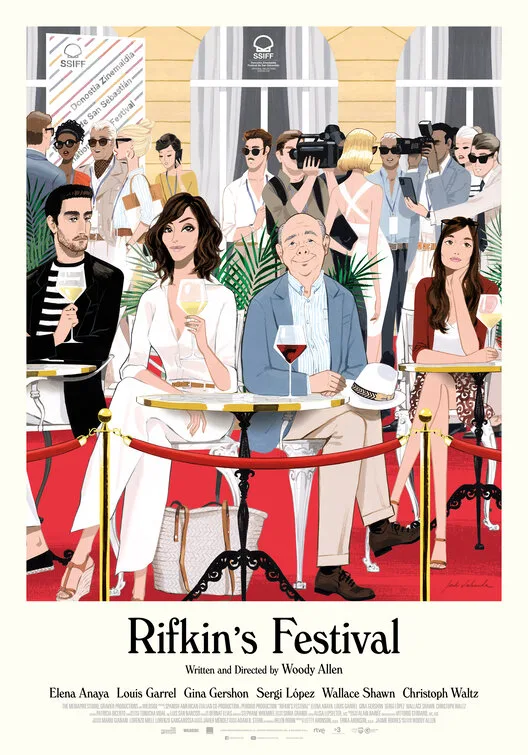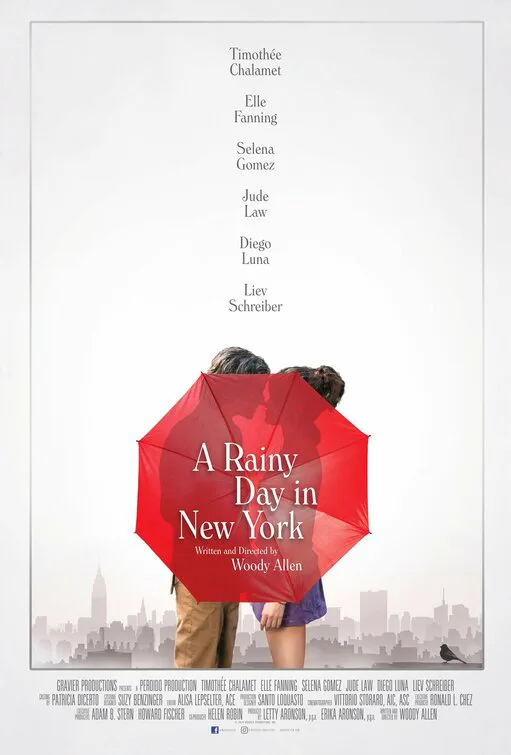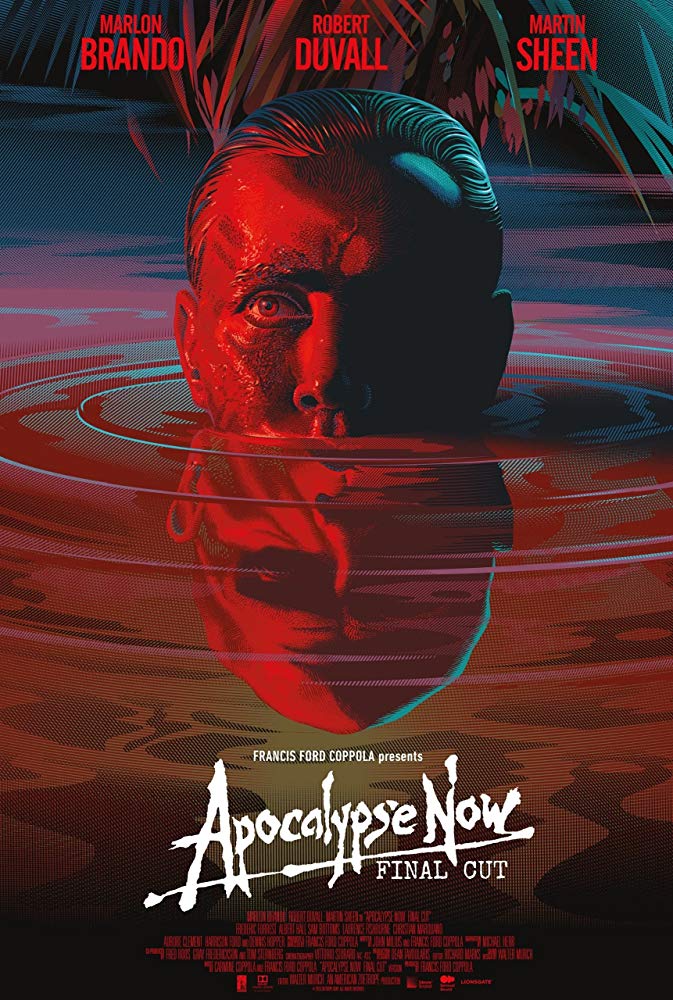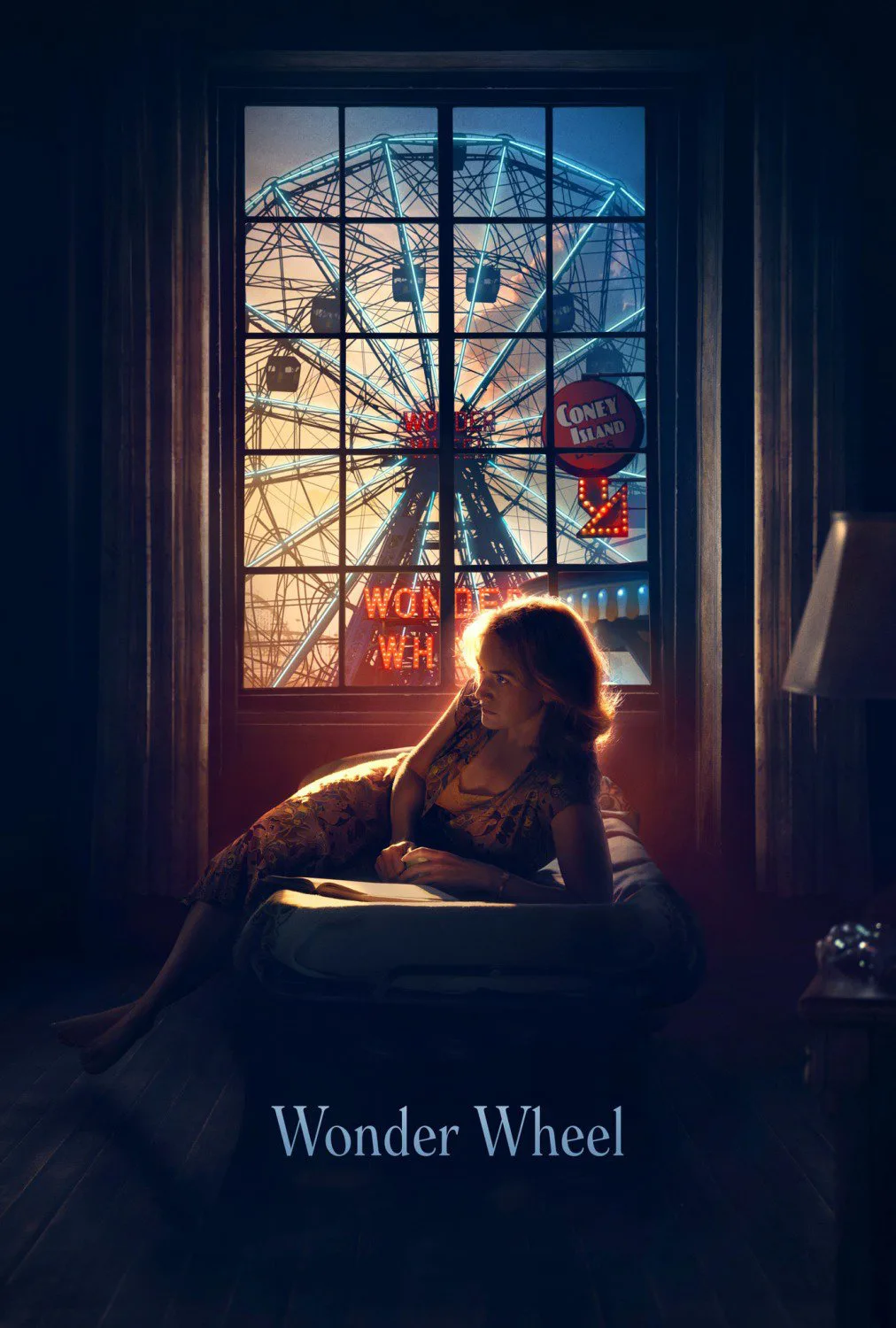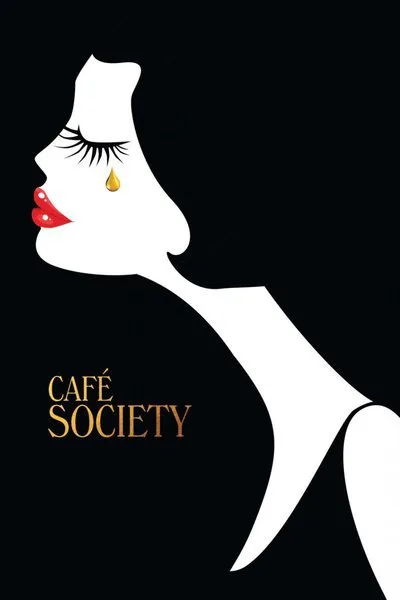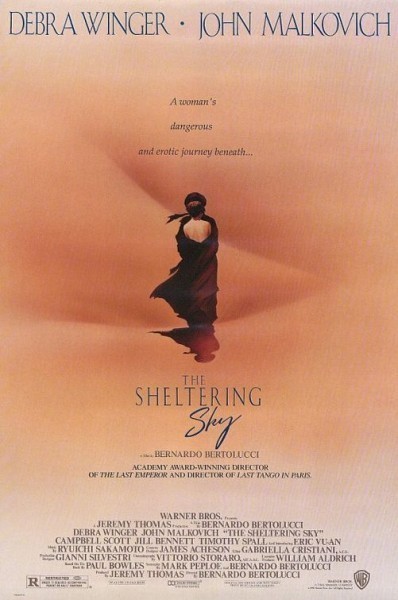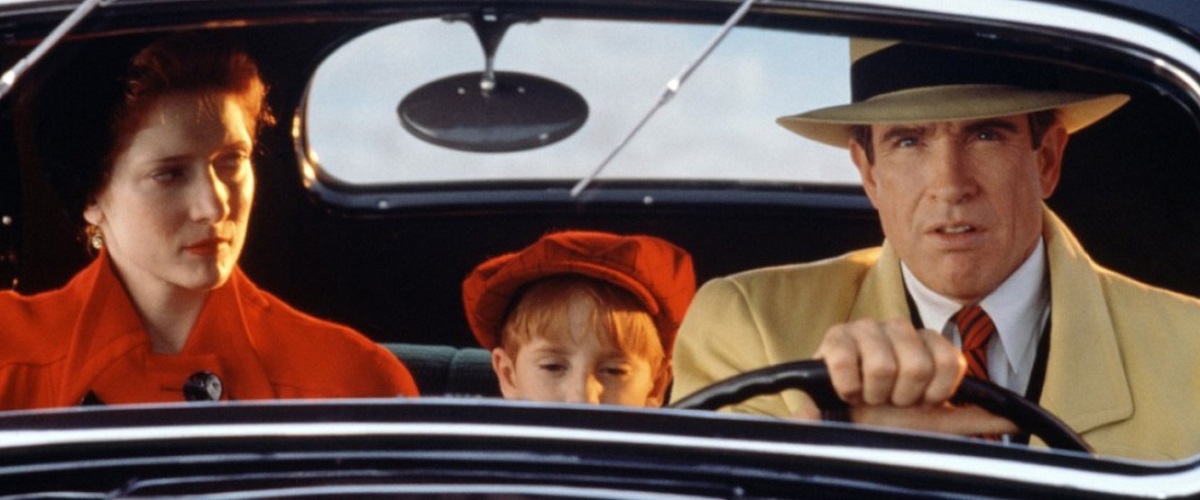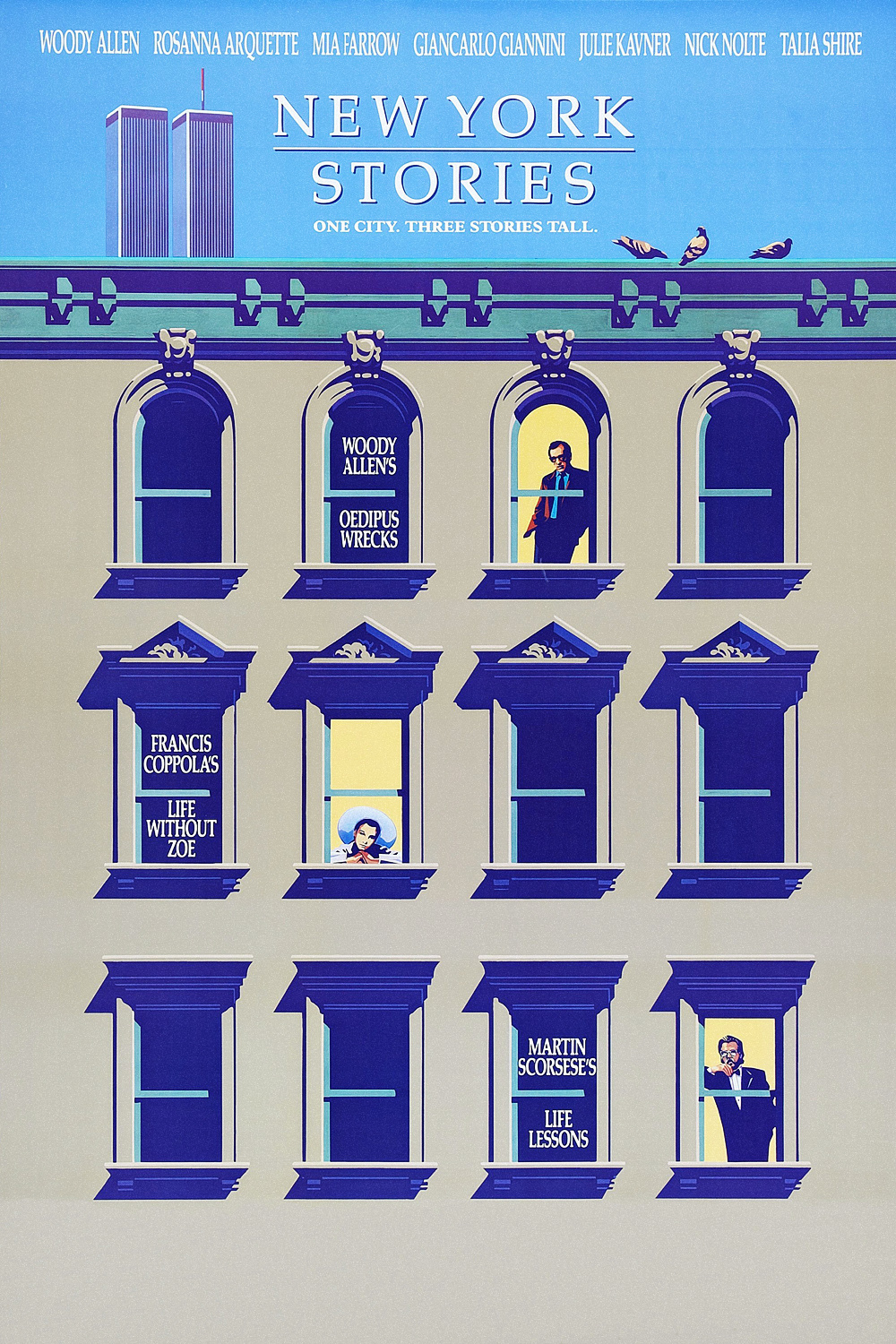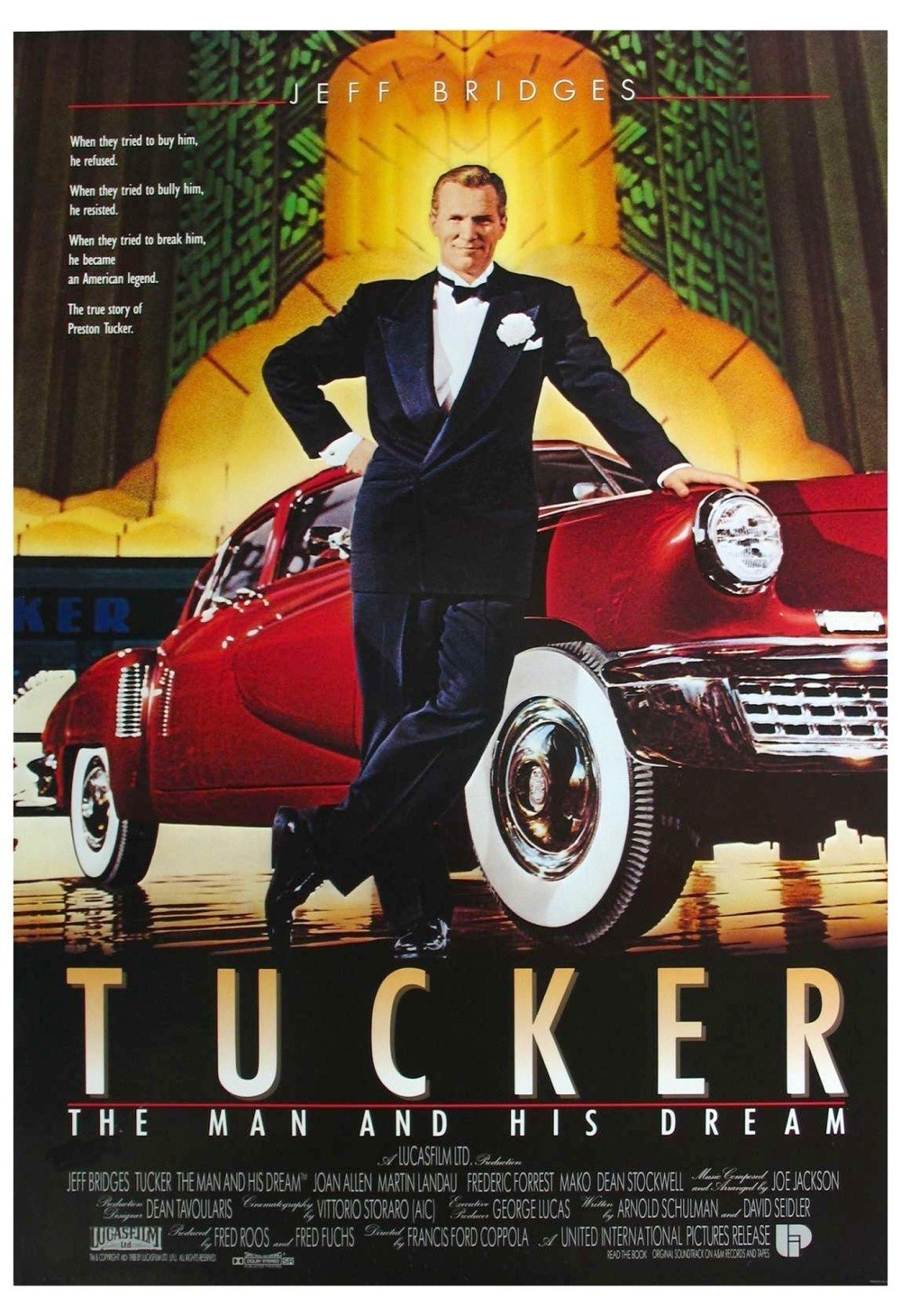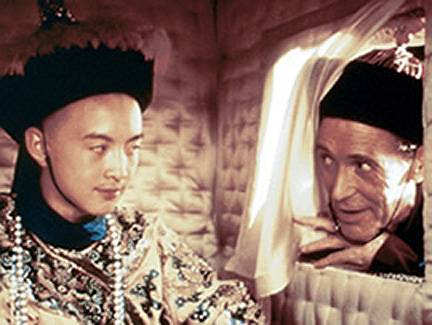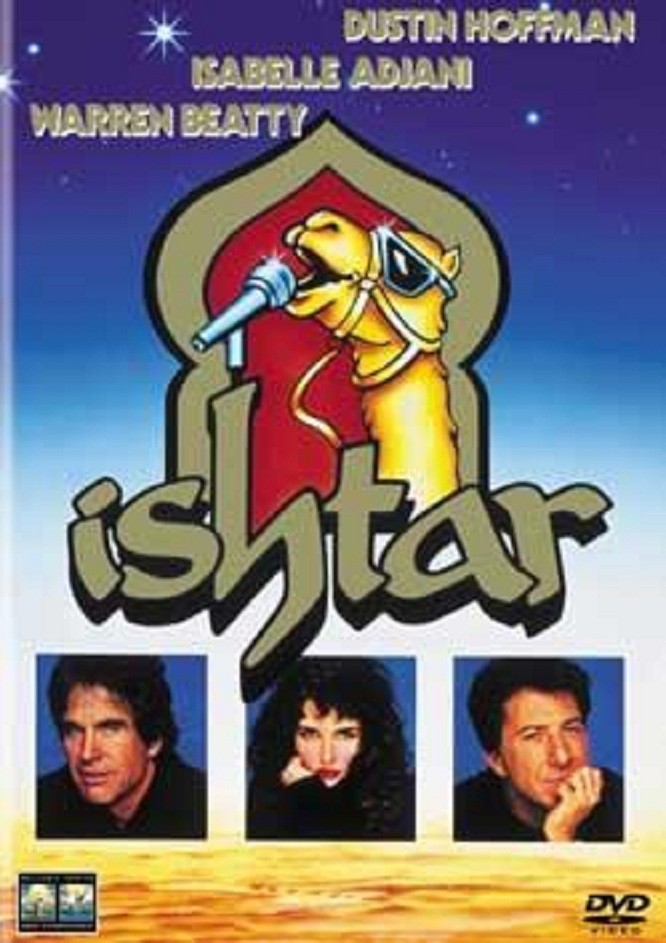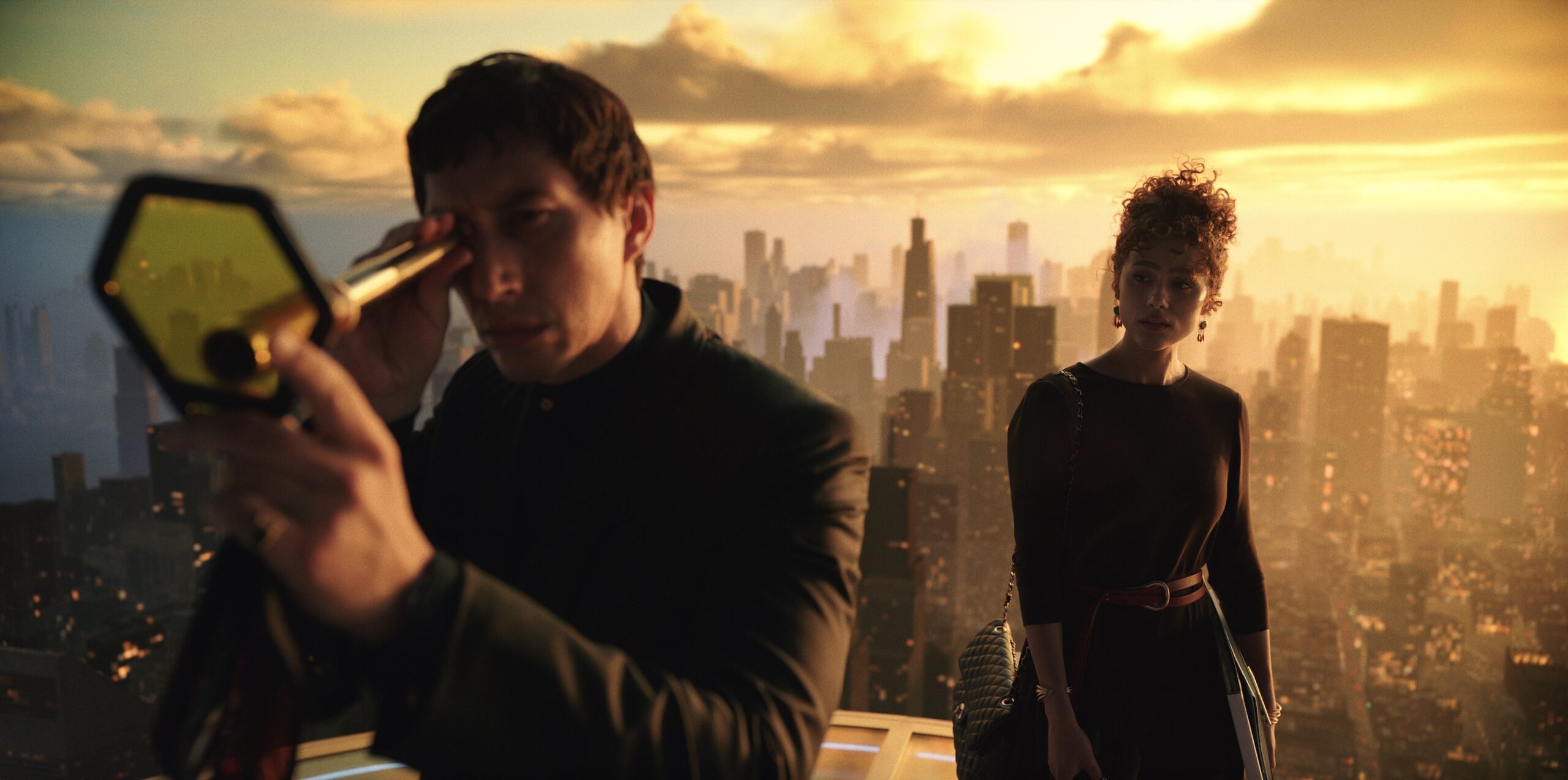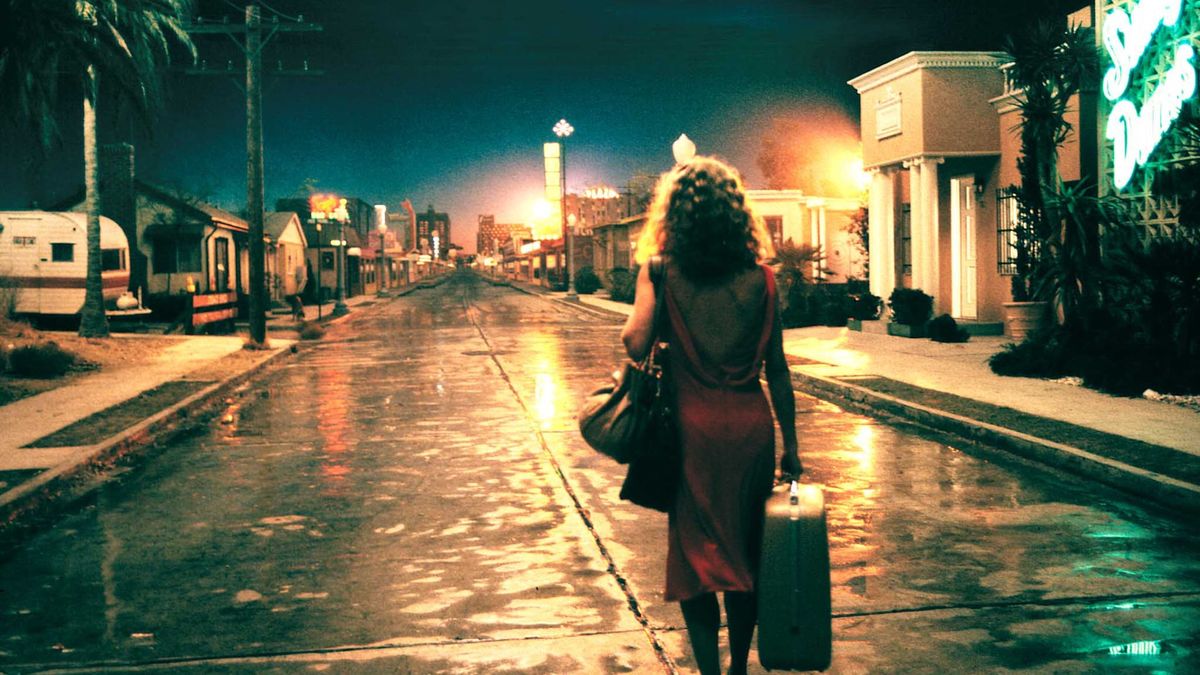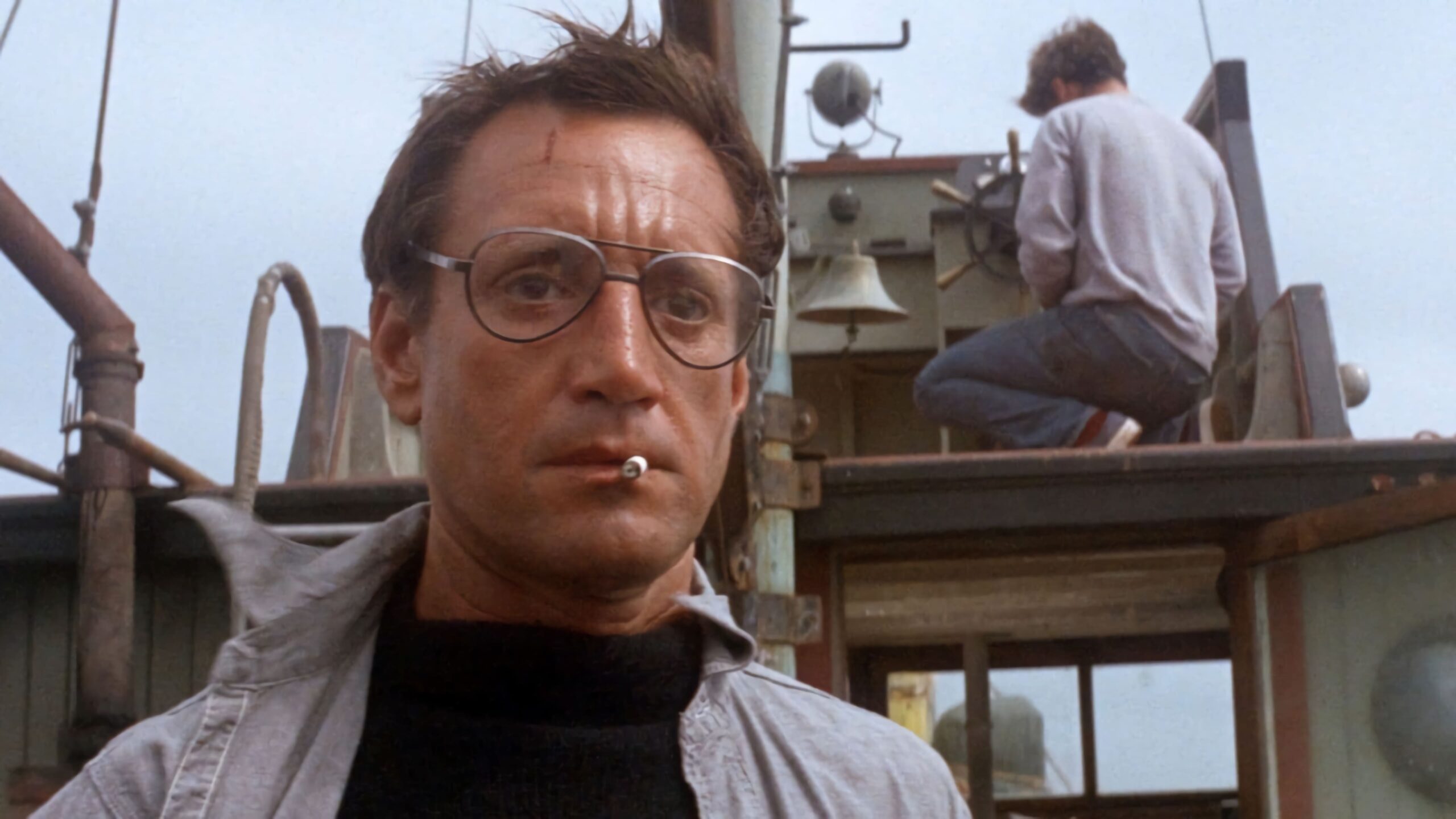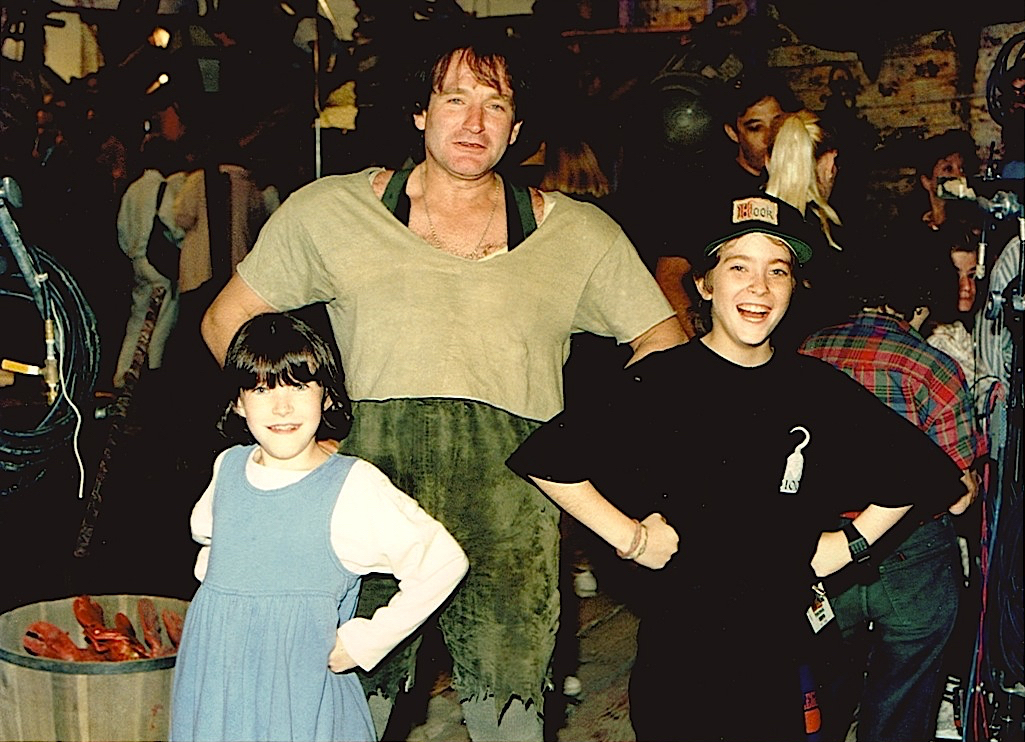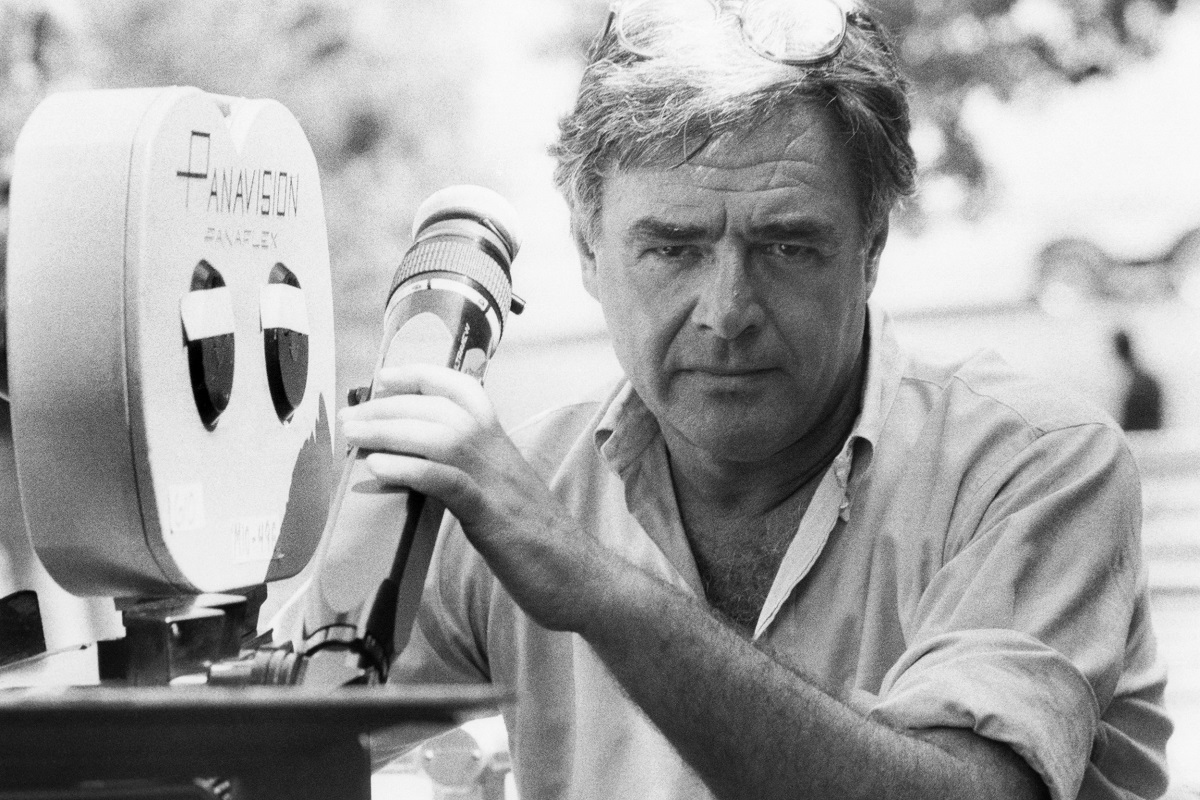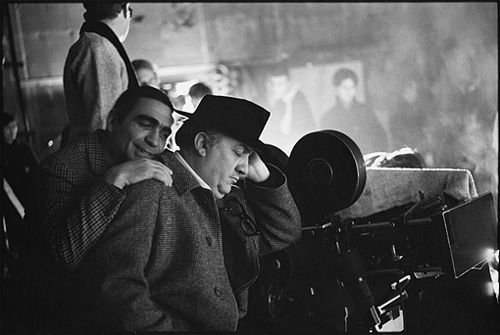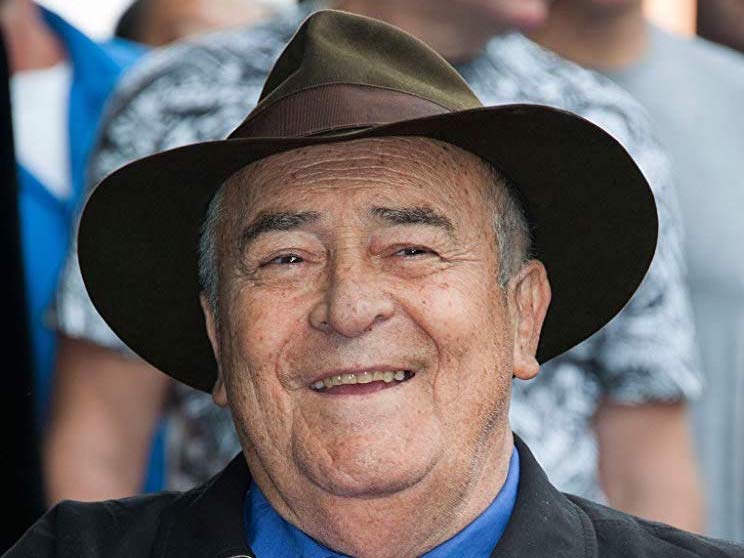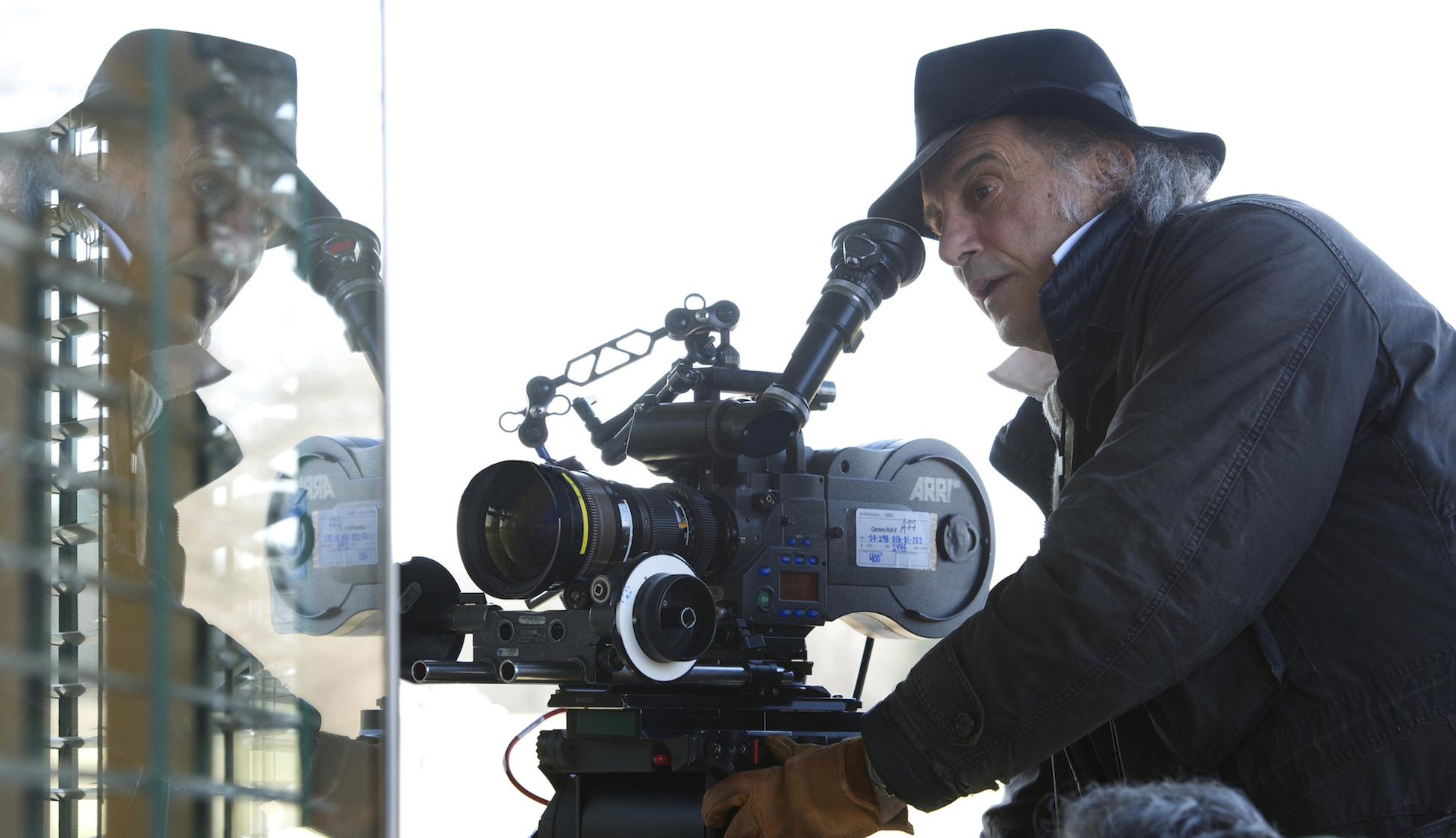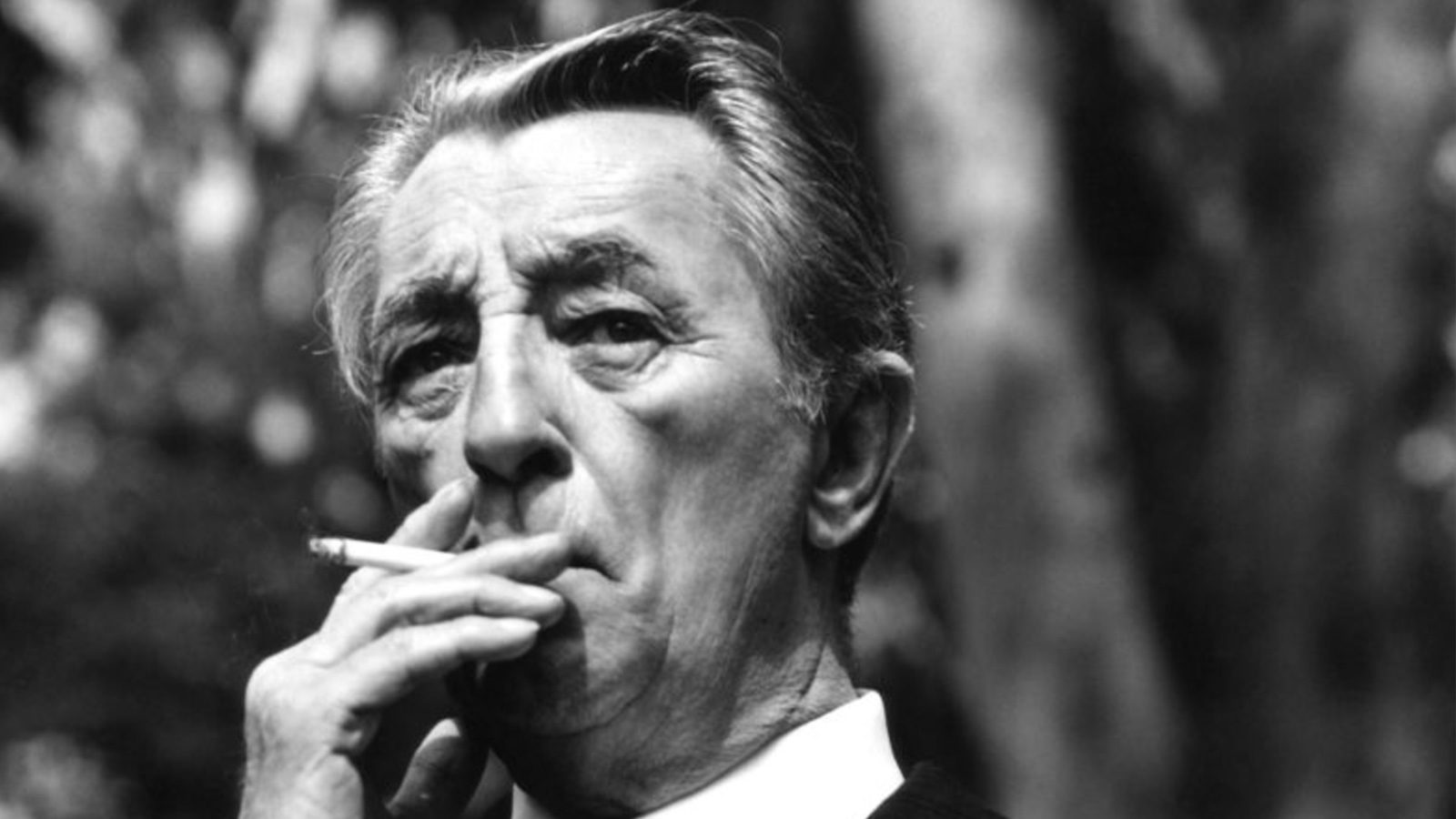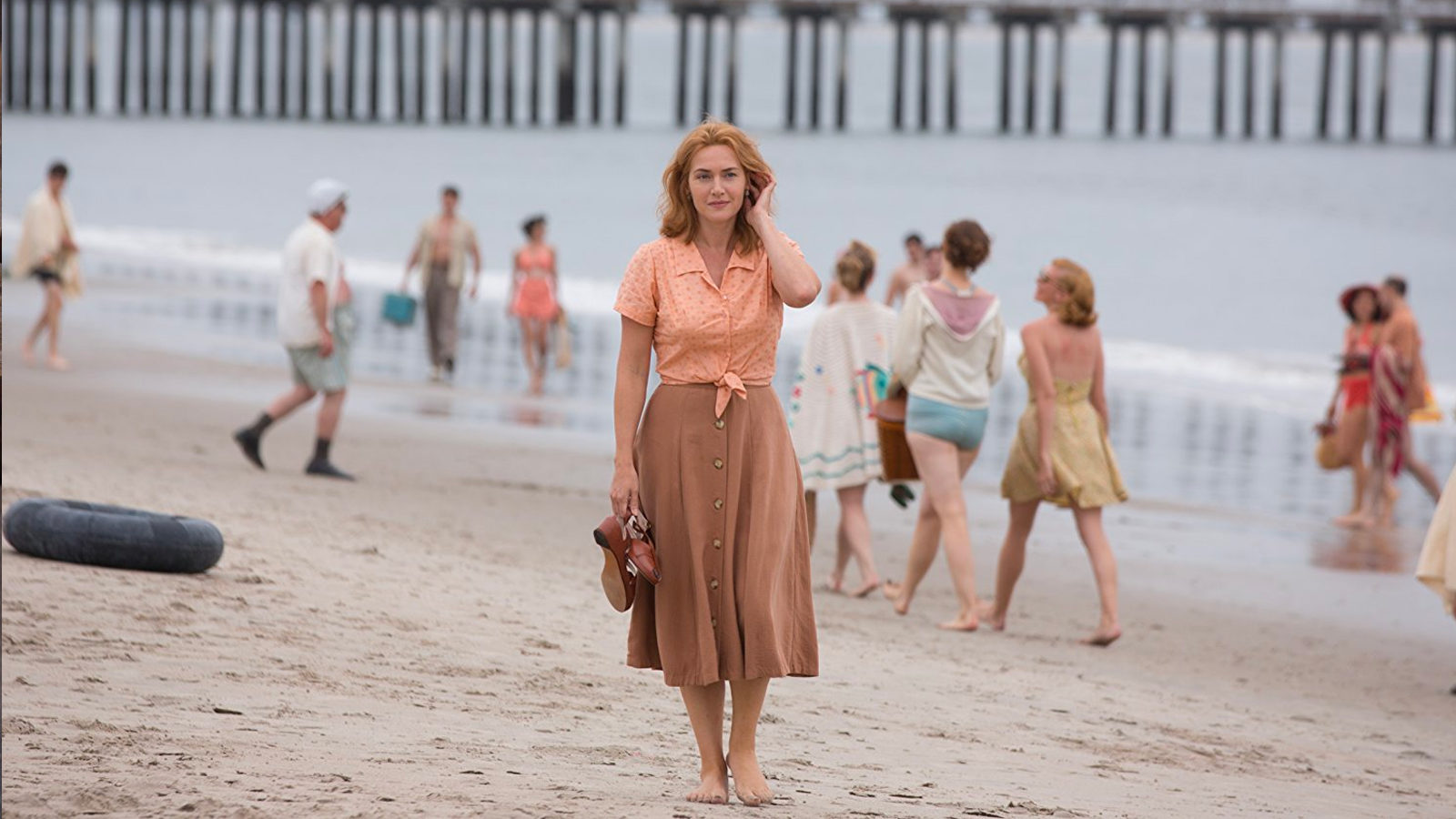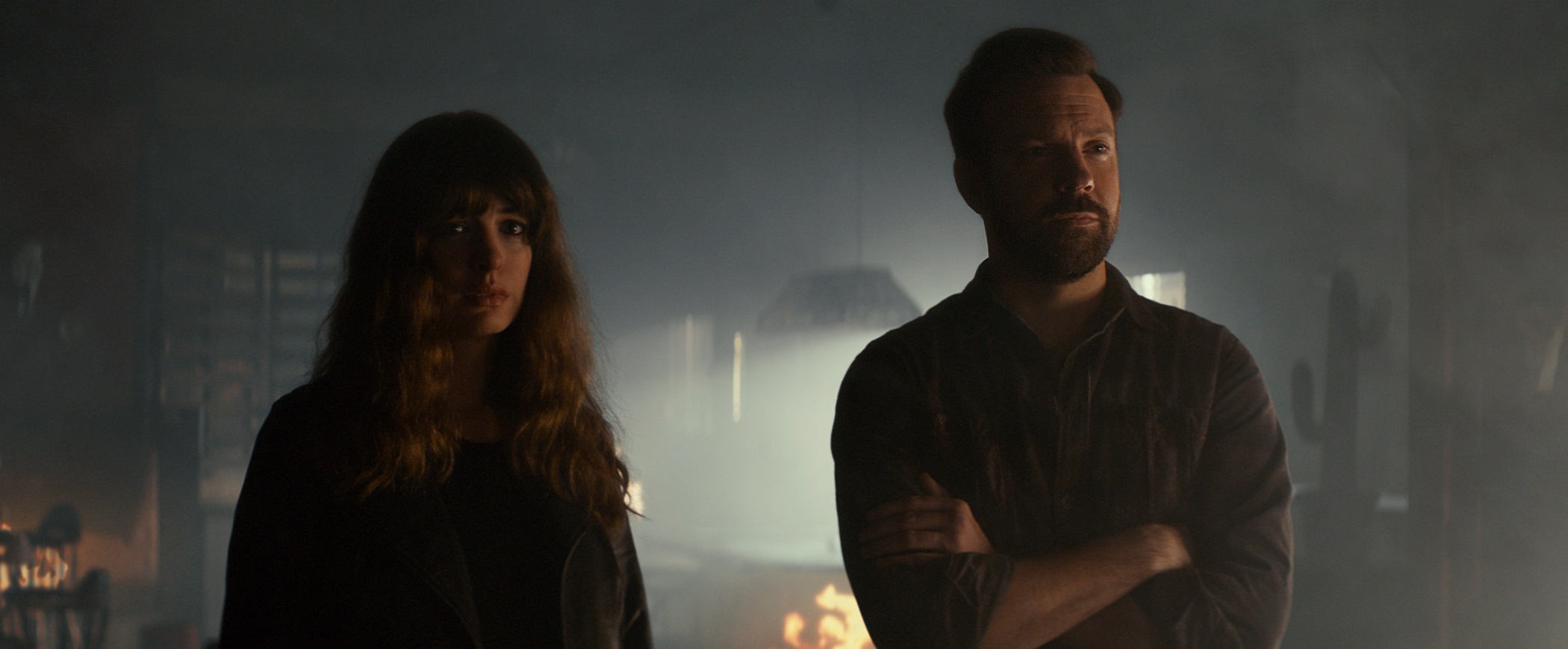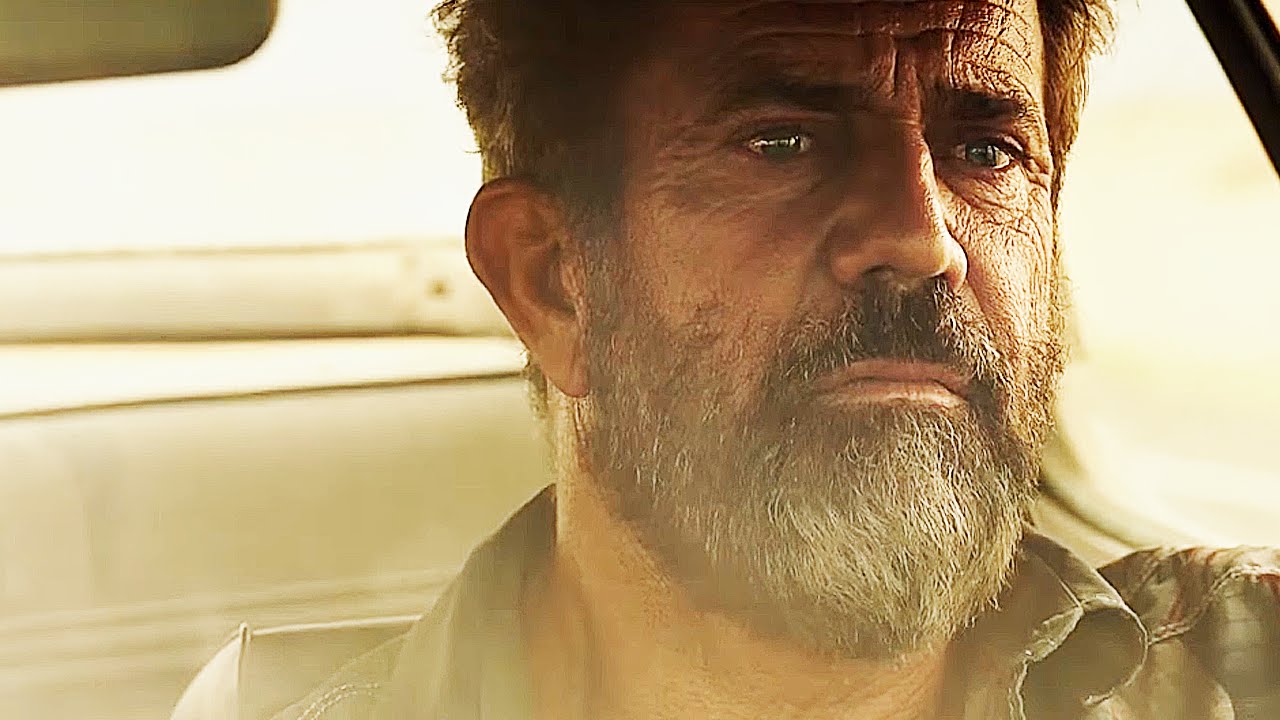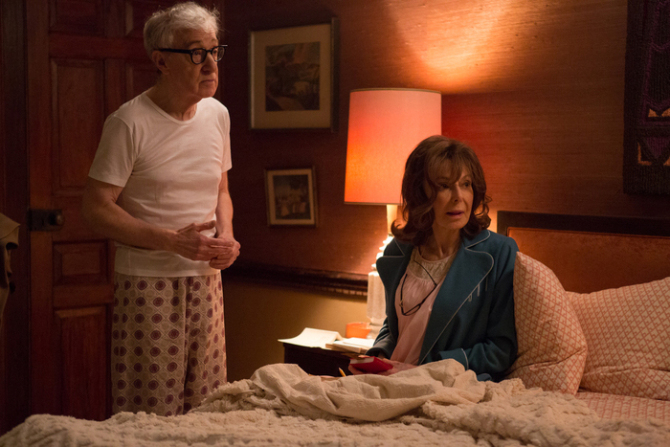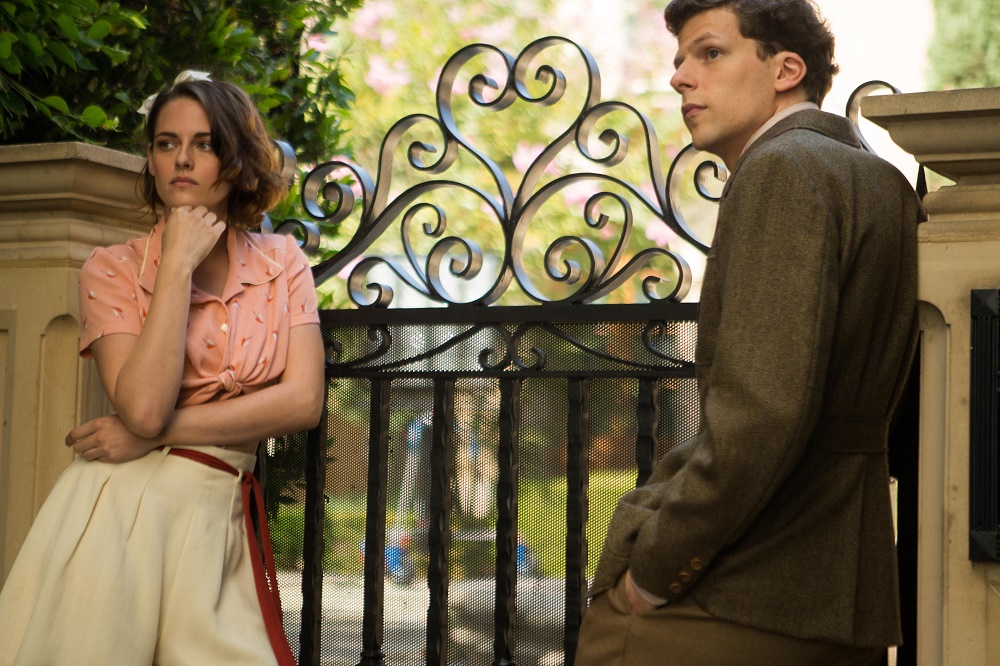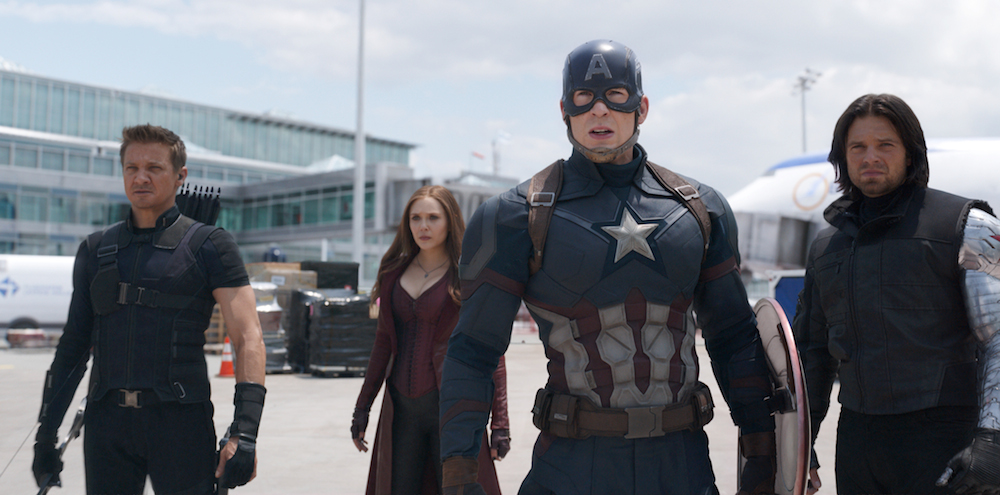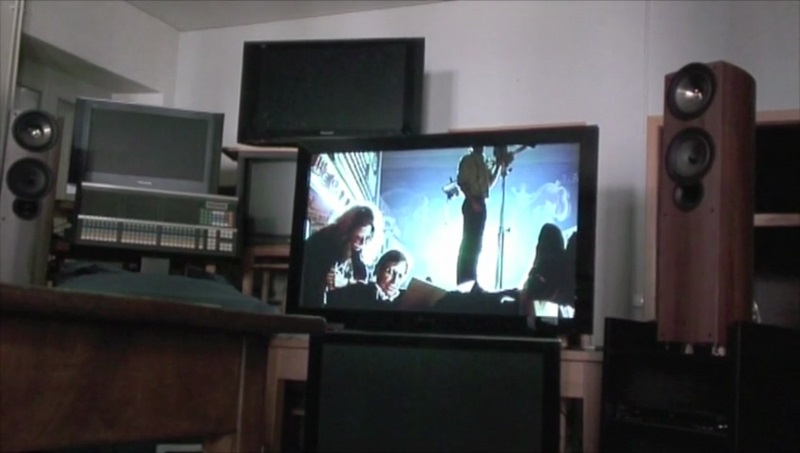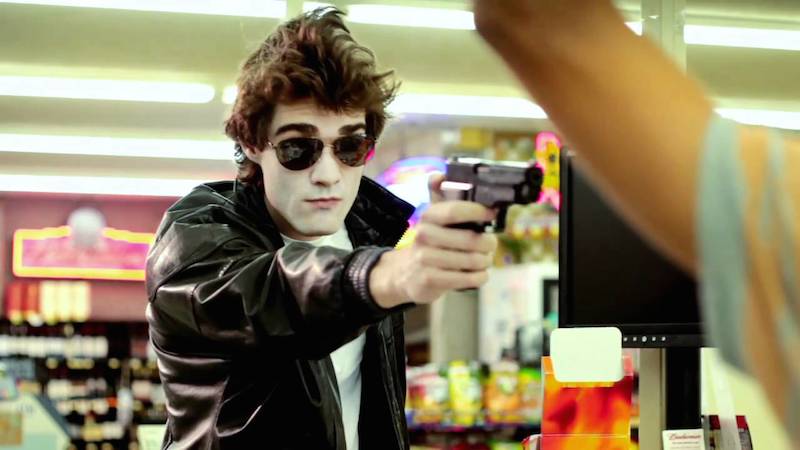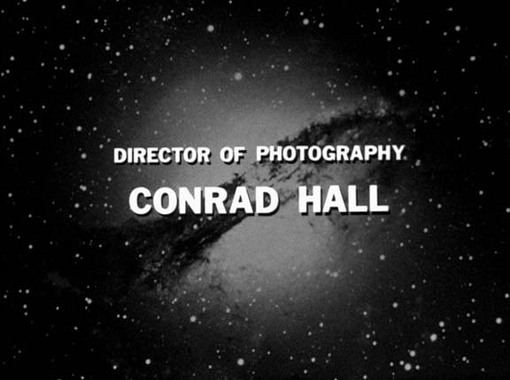Vittorio Storaro Movie Reviews
Blog Posts That Mention Vittorio Storaro
December 2024 Blu-Ray Guide: “The Wild Robot,” “Conclave,” “Alien: Romulus,” More
Brian Tallerico
Home Entertainment Guide: August 2024
Brian Tallerico
Cannes 2024: Megalopolis, Bird, The Damned, Meeting with Pol Pot
Ben Kenigsberg
Spit On A Griddle: The Return of Francis Ford Coppola’s One from the Heart
Peter Sobczynski
The Consummate Collaborator: Bill Butler (1921-2023)
Walter Chaw
Only Remember Beautiful Moments: Carlos Saura (1932-2023)
Scout Tafoya
Defying Gravity: Dante Basco, Caroline Goodall, James V. Hart, Charlie Korsmo and More on the Thirtieth Anniversary of Hook
Matt Fagerholm
Richard Donner: 1930-2021
Peter Sobczynski
Giuseppe Rotunno: 1923-2021
Scout Tafoya
Bernardo Bertolucci: 1941-2018
Dan Callahan
Cannes 2018: Edward Lachman, an honoree at the festival, discusses the past and future of cinematography
Ben Kenigsberg
NYFF 2017: Odie’s Favorites and Other Highlights
Odie Henderson
NYFF 2017: “Wonder Wheel”
Godfrey Cheshire
A Moment of Significance: Nacho Vigalondo on Making “Colossal” to Scale
Simon Abrams
Home Entertainment Consumer Guide: October 21, 2016
Brian Tallerico
Amazon’s “Crisis in Six Scenes” is for Woody Allen Completists Only
Nick Allen
Cannes 2016: “Café Society”
Barbara Scharres
2016 Summer Movie Preview: A Four-Month, Blockbuster Festival, Part II
Nick Allen
Telluride 2015: Shorts by Godard, Varda and Renoir
Nick Allen
Thumbnails 6/18/15
Matt Fagerholm
Laterally speaking: a celebration of right-to-left and left-to-right camera moves
Scout Tafoya
The AFI Class of ’92
Anath White
The man who decided to go along
Charlie Schmidlin
A Master Emerges: Conrad Hall and “The Outer Limits”
Jeff Shannon
Telluride focuses on ’28 classics, guest favorites
Roger Ebert
Offbeat family’s tale is powerfully told
Roger Ebert
Oscar Noms: Kramer & All That Jazz
Roger Ebert
Popular Reviews

The best movie reviews, in your inbox
